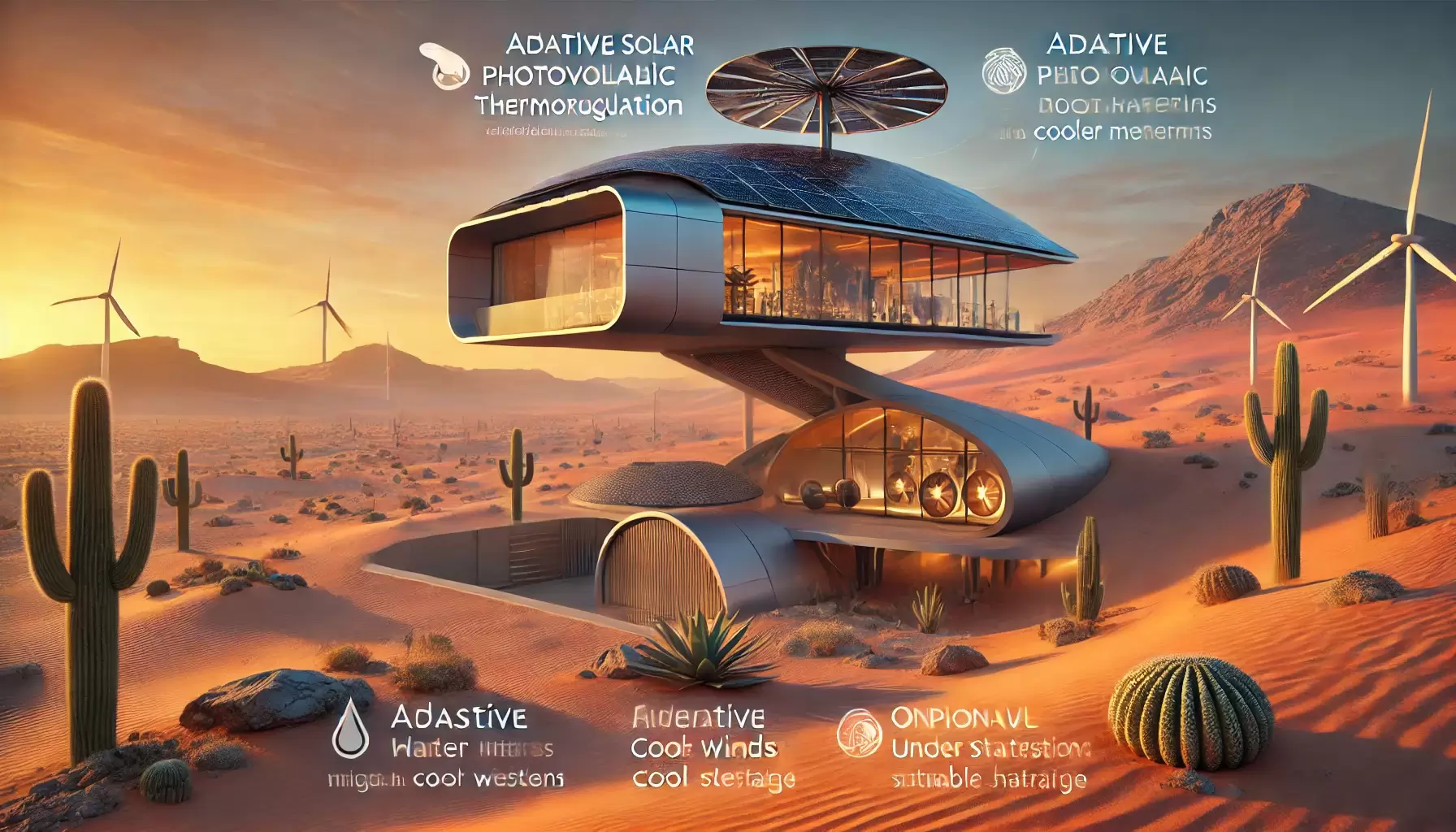Thanks for stopping by
In the rapidly evolving digital landscape, businesses increasingly recognise the need for a robust online presence. However, with the plethora of web development firms saturating the market, finding a partner who genuinely understands and prioritises your unique needs can be a daunting task. Enter AvantGarde Web, a distinguished boutique web development agency that stands out for its technical prowess, exceptional client-centric approach, and comprehensive service offerings.
A Personalised Approach to Web Development
AvantGarde Web is not your typical web development company. Unlike larger firms that juggle numerous projects simultaneously, often leading to impersonal interactions and delayed responses, AvantGarde Web prides itself on its tight-knit structure and selective client base. This strategic choice allows them to offer an unparalleled level of attention and customization to each project.
By working with several clients, AvantGarde Web ensures that every client receives the personalised attention they deserve. This means that when you partner with AvantGarde Web, you are not just another project in their portfolio but a valued collaborator whose vision and goals are deeply understood and meticulously executed.
Immediate and Accessible Support
One of the most significant pain points in the web development industry is the often frustrating support experience. Delays in response times and the inability to reach the right person can hinder progress and lead to missed opportunities. AvantGarde Web addresses this issue head-on by guaranteeing you always get through on the phone and receive prompt support.
The team at AvantGarde Web understands that time is of the essence in the digital world. Whether it’s a critical update, a technical glitch, or simply a question about your website’s functionality, their commitment to immediate and accessible support means you can rest easy knowing that help is just a phone call away.
Comprehensive Expertise and Innovation
At AvantGarde Web, being a boutique firm does not equate to limited capabilities. On the contrary, their concentrated team of experts brings a wealth of experience and innovative thinking to the table. Specialising in cutting-edge technologies and industry best practices, AvantGarde Web delivers websites that are not only visually stunning but also highly functional and optimized for performance.
SEO and Digital Marketing
AvantGarde Web offers advanced SEO strategies and digital marketing solutions to ensure your website ranks highly in search engine results, driving organic traffic and enhancing online visibility. Our holistic approach includes keyword research, on-page optimisation, content marketing, and link-building strategies tailored to your business needs.
AI and Automation
Incorporating artificial intelligence and automation, AvantGarde Web helps streamline your digital operations. From AI-driven chatbots to automated marketing workflows, they leverage the latest technologies to improve user engagement and operational efficiency.
Graphics and Visual Design
The creative team at AvantGarde Web excels in graphic design, delivering visually appealing and brand-consistent graphics that enhance your website’s aesthetic appeal. Our designs not only attract but also engage visitors, ensuring a memorable user experience.
Social Media Management
Understanding the power of social media, AvantGarde Web provides comprehensive social media management services. They craft and execute effective social media strategies that build brand awareness, foster customer engagement, and drive conversions across various platforms.
Building Long-Term Relationships
The cornerstone of AvantGarde Web’s success lies in our dedication to building long-term client relationships. By limiting our client base, we can invest more time and resources into understanding each client’s business, industry, and target audience. This deep understanding allows us to create tailored solutions that drive growth and deliver measurable results.
Clients of AvantGarde Web often speak to the sense of partnership because it is very much a partnership, it must feel like that when we are working as a team. This collaborative spirit fosters an environment where ideas can flourish, and innovative solutions can be developed. This commitment to partnership and mutual success sets AvantGarde Web apart from the competition.
Training and Development
At AvantGarde Web, we believe in empowering our clients we skills and resources permit. We can offer extensive training and development programs to ensure you and your team are proficient in managing and maintaining your digital assets. Our training covers a range of topics, including website management, digital marketing, and utilising AI tools and can be conducted in person our remotely.
So, to conclude,
In a market where personalised service and immediate support are rare commodities, we at AvantGarde Web hope to offer a beacon of service and excellence. Our unique approach to web development, characterised by a selective client base and unwavering dedication to customer satisfaction, ensures that every client receives the highest level of service and support. If you are seeking a web development partner that values your business as much as you do, look no further than AvantGarde Web. Here, your vision becomes our mission, as cliched as that might sound most of our clients have been with us for 10 years, security and discretion are also guaranteed, and together, we can achieve digital success.





